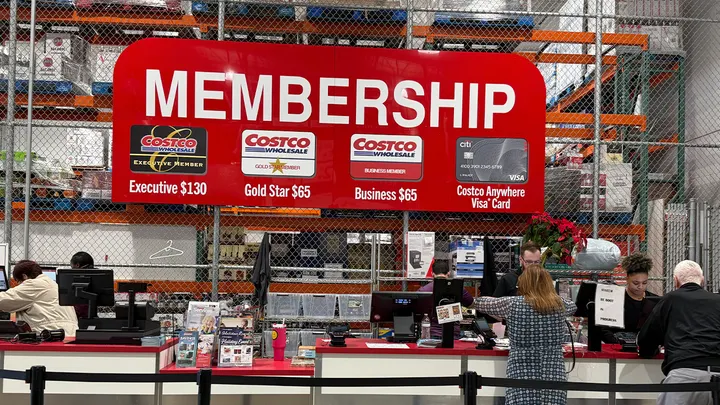Tens of thousands of books have been banned or restricted in U.S. prisons, according to a report by PEN America, a free speech organization that has been tracking book bans in the country.
On Wednesday, the organization released “Reading Between the Bars: An In-Depth Look at Prison Censorship,” which examines how prisons choose which books to take away from prisoners, with some titles getting thrown into the garbage by staffers.
“The extent of prison book banning is alarming and an attack on the written word itself,” said Moira Marquis, senior manager of PEN America’s Freewrite Project and lead author of the report. “Censorship should not be a knee jerk tactic by authorities to address other prison concerns, such as spurious claims that books are a conduit for drugs. Yet we are witnessing vast amounts of time, effort and money expended in order to stop people from reading. This censorship must end.”
The group based its report on Freedom of Information Act (FOIA) requests for all the prison systems in the country, as well as interviews with prison staff. The organization says its analysis is likely an underestimation due to the poor tracking of the information by states.
Florida was the top in prison book banning among the 28 states that track the information, banning 22,825 titles. Texas came in second at 10,265, and Kansas third at 7,699, based on the latest information available from 2021.
PEN America found books are most commonly censored in prisons due to sexual content, but that this leads to “popular magazines, drawing books, medical books and dictionaries” getting banned.
The most banned book was “Prison Ramen: Recipes and Stories from Behind Bars” by Clifton Collins Jr. and Gustavo “Goose” Alvarez, a collaboration between an actor and former inmate that examines different ways to cook ramen noodles. A self-help book by Robert Greene called “48 Laws of Power” is the second most banned.
“It’s a form of control. It’s the ultimate form of power of manipulation. So the hypocrisy of saying, ‘this is a book that’s dangerous for you…’ whereas they’re the ones that are completely controlling the dynamic and giving you access to only certain amounts of information is very frightening. That’s how totalitarian systems operate,” said Greene, whose books are banned in 19 state prison systems.
PEN America also found prison systems are increasingly banning books from nonprofits or independent bookstores and only allowing state-approved vendors.
The few approved vendors are a way for state prison systems to restrict titles in a “content-neutral” way, according to the organization.
Tens of thousands of books banned, restricted in US prisons: Report




